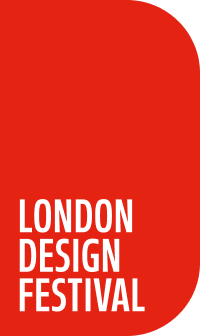In conversation: Natsai Audrey Chieza
By Sujata Burman
“How do we communicate what we do in a world still rooted in linear thinking?”
In her first TED Talk in 2017, Natsai Audrey Chieza called herself a material designer. This was a year ahead of launching her first company, Faber Futures, an agency that works at the intersection of design, biotech and society. In the talk, Chieza was presenting fabric dyes made with non-chemical synthetic biology, which led audiences to think she was working in fashion. These days, Chieza proudly exists between spaces, seeing the power of working “with the best in their field to bring out specific project outcomes”.
Chieza graduated with an MA in architecture from the University of Edinburgh before studying for an MA in materials futures at Central Saint Martins. It was here that she began integrating design with social- and geo-politics, painting outside the lines of the usual course rhetoric. As such, Faber Futures as a collective has been hard to define. “We are weavers,” she says. “We have a borderline outsider status that allows us to weave all these connections.”
Faber Futures breaks beyond the typical way of working in material design, which traditionally involves startups raising venture capital for a new material. “Our incentives are not driven by shareholder returns,” Chieza explains. “They’re driven by curiosity and discovery and bringing different actors together.”
These actors include scientists and policy makers, with Faber Futures joining together stakeholders that don’t usually encounter each other. How? With design as the communicator. The lens of design works as the centrepoint for Chieza carving out these concepts of climate change. This vision of a future where people and the planet can survive has led to her becoming the LDF24 Innovation Medal winner.
For Chieza, it is clear the bigger picture has always been at play. Even when she was deciding on the name for her venture, she was inspired by the German-American historian and philosopher Hannah Arendt’s political theories around Homo faber: the notion of man mastering his environment through the creation of tools. “I was interested in how the making of our futures was actually aligned with living systems, how this is going to reshape what we think of making and the tools and language that we use.”London Design Festival 2023 was a pinnacle moment for Chieza’s ideas taking shape. This is when she co-founded Normal Phenomena of Life, an online marketplace for new biomaterials. “I had this vision over a decade ago,” Chieza says of the concept, which is described as the ‘first biodesign-native lifestyle brand’. From a jacket made of bacteria to face oil made from fungi, this shoppable platform is also a storytelling space for the journey of biophilic living.
In the evolving information age, Chieza still faces challenges. “How do we communicate what we do in a world that is still rooted in linear thinking?” she asks. Essentially, Chieza knows there is no time to waste with the climate emergency as she gears towards formalising her practice as a research and development institute. And what would she say to the woman speaking in the TED Talk in 2017? “Let’s be brave, now.”


)
)
)
)
)
)
)
)
)
)
)
)
)
)
)
)
)
)
)
)
)
)